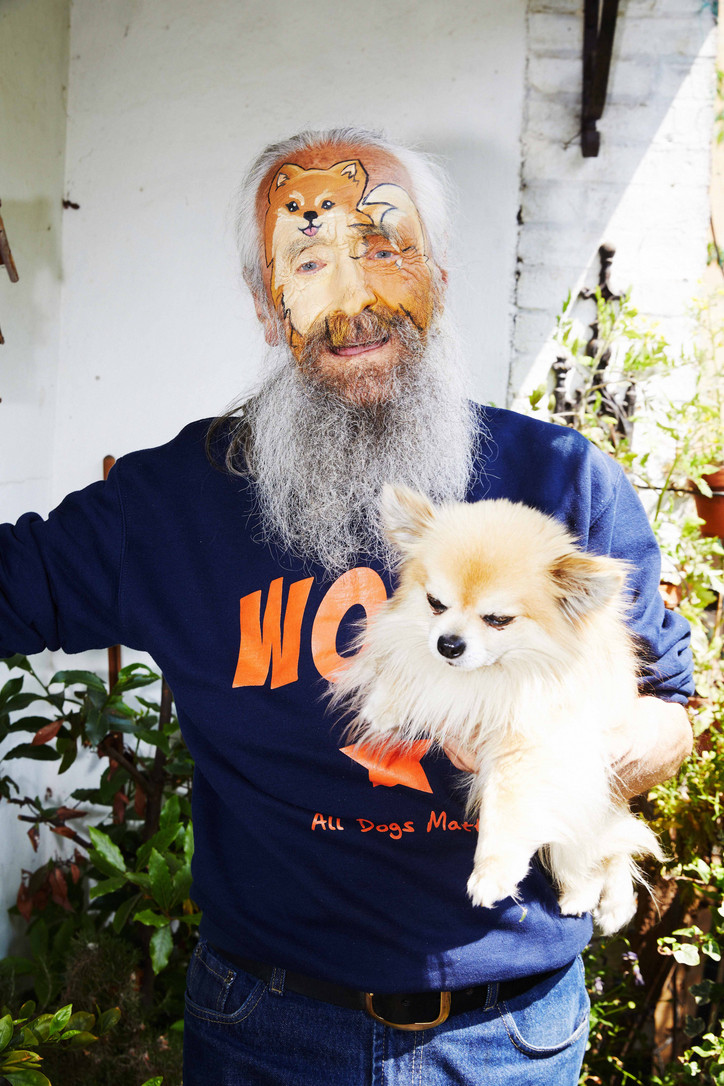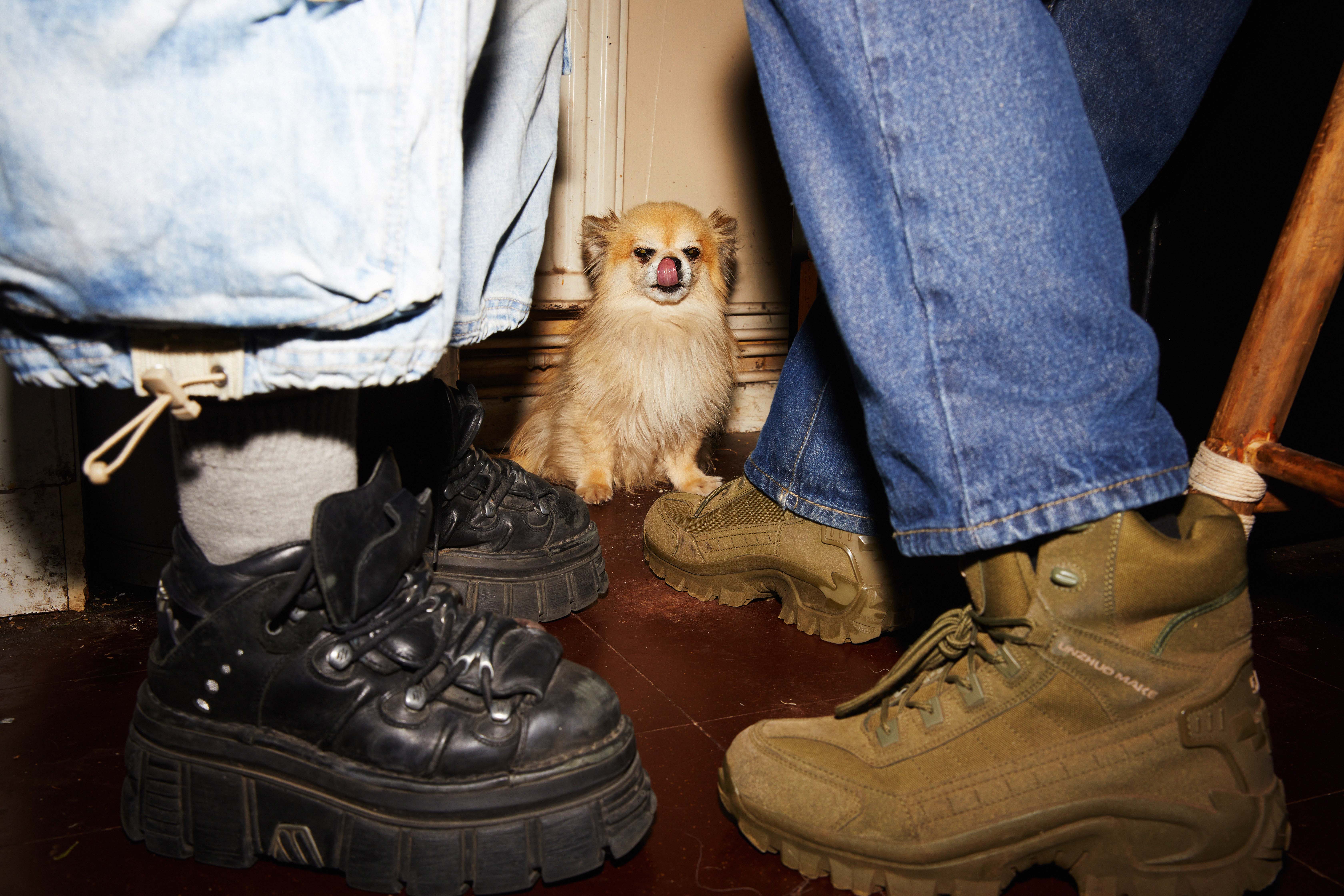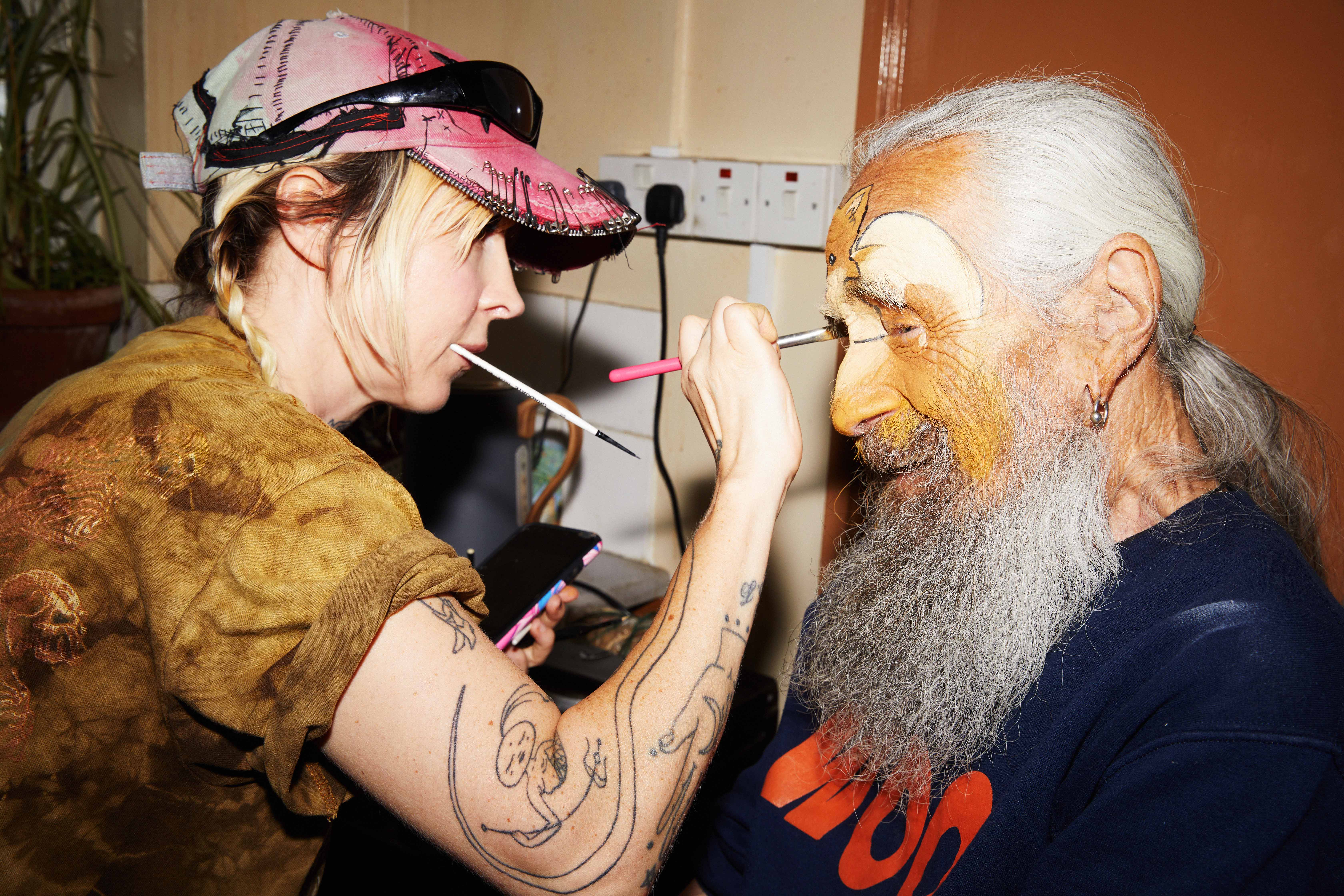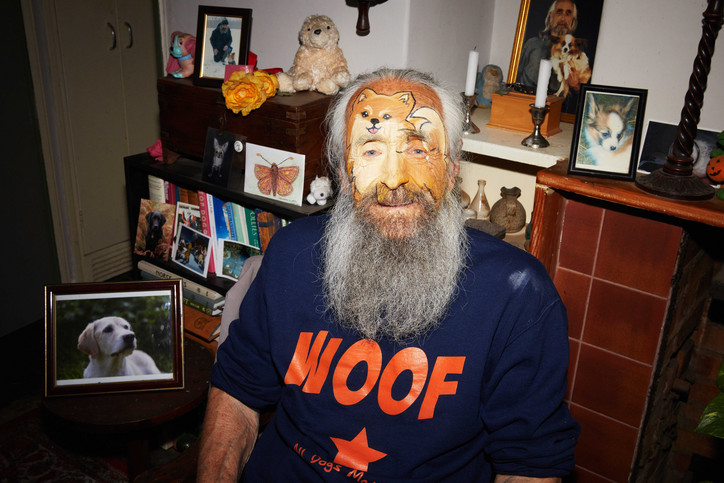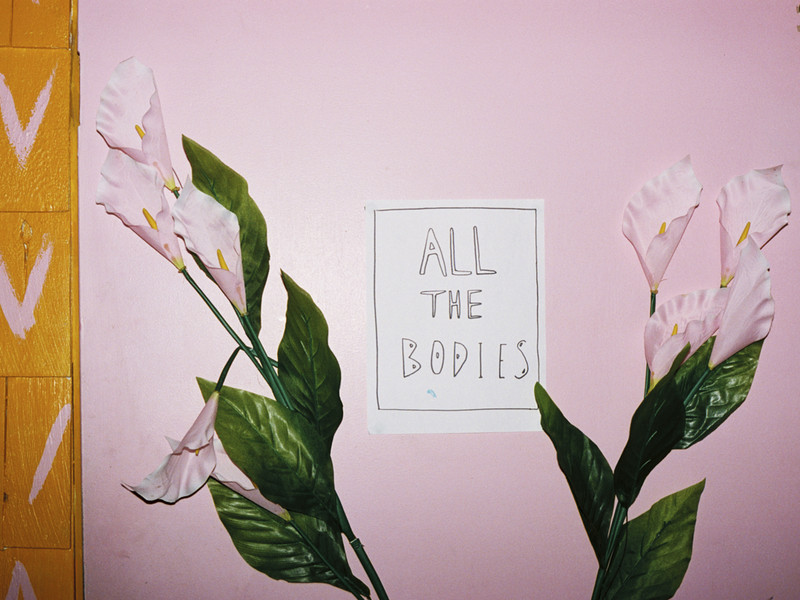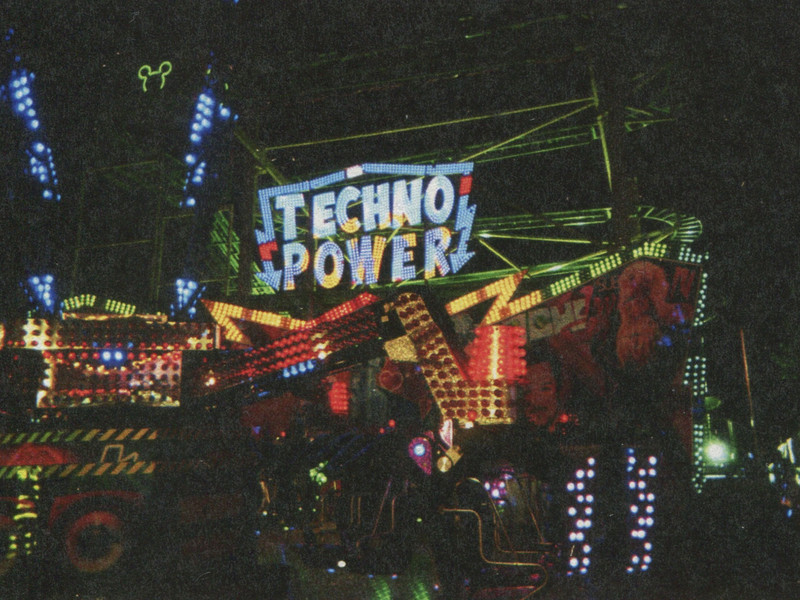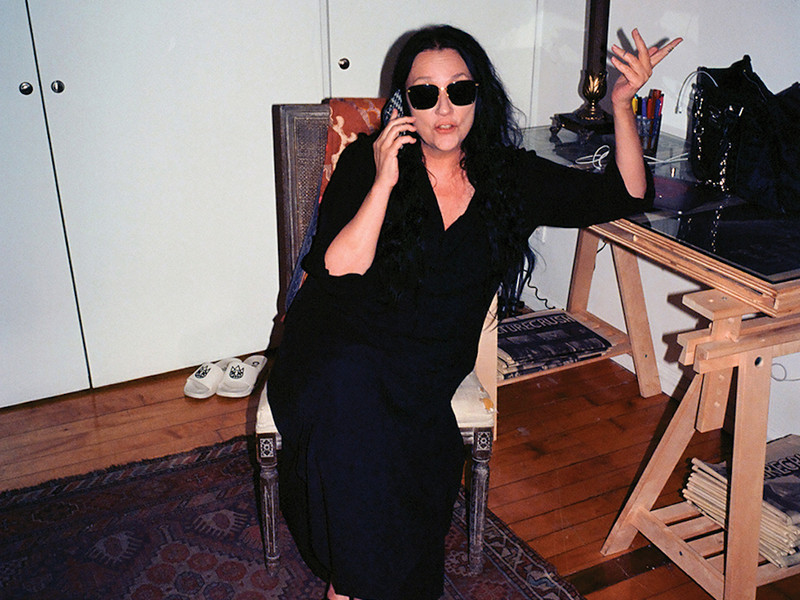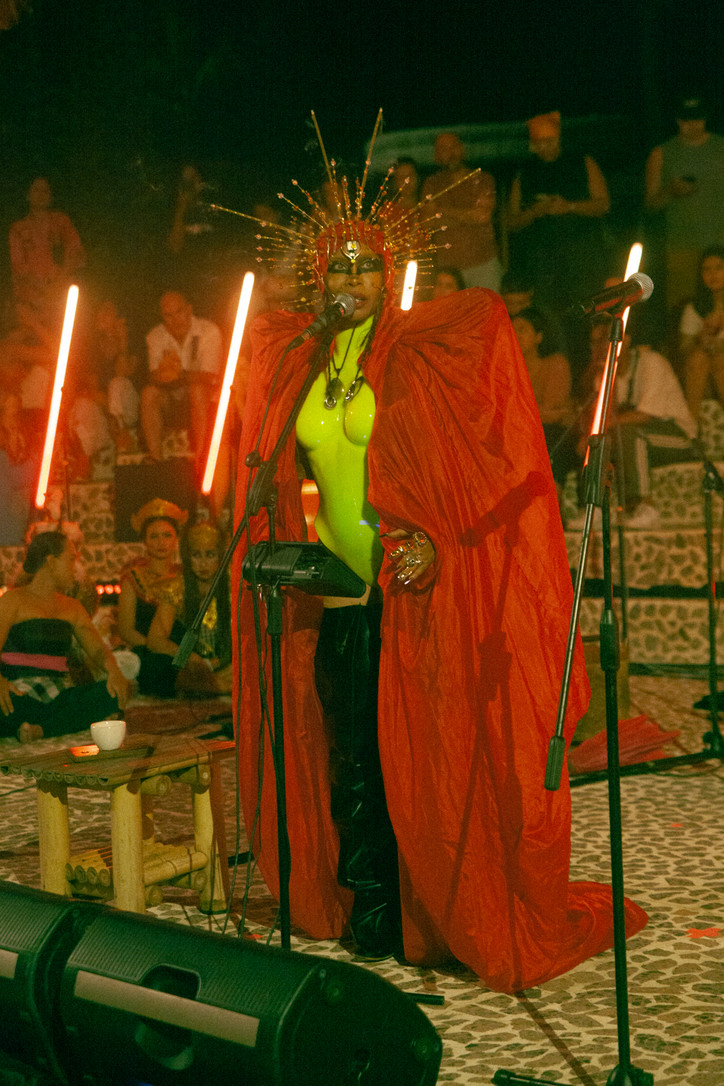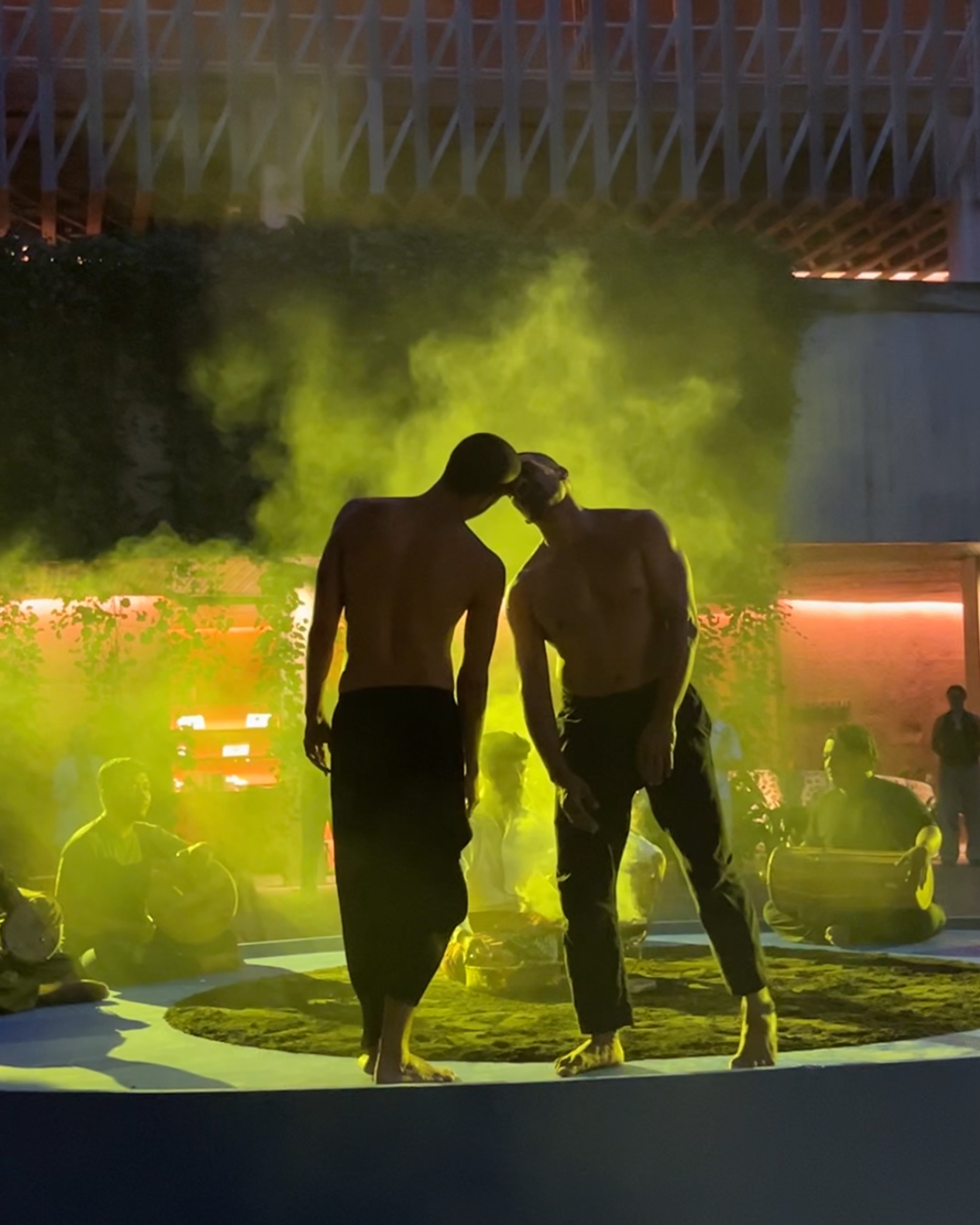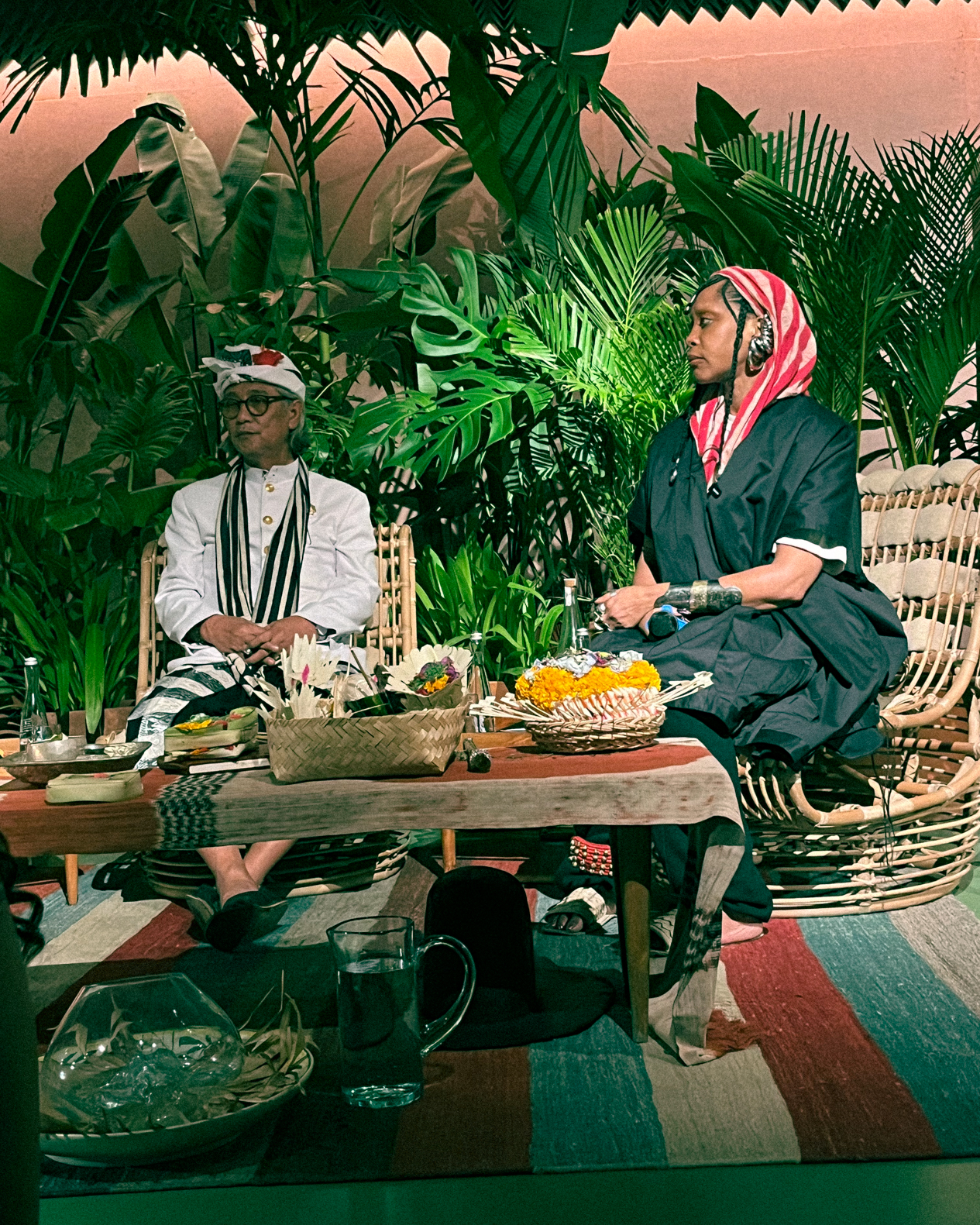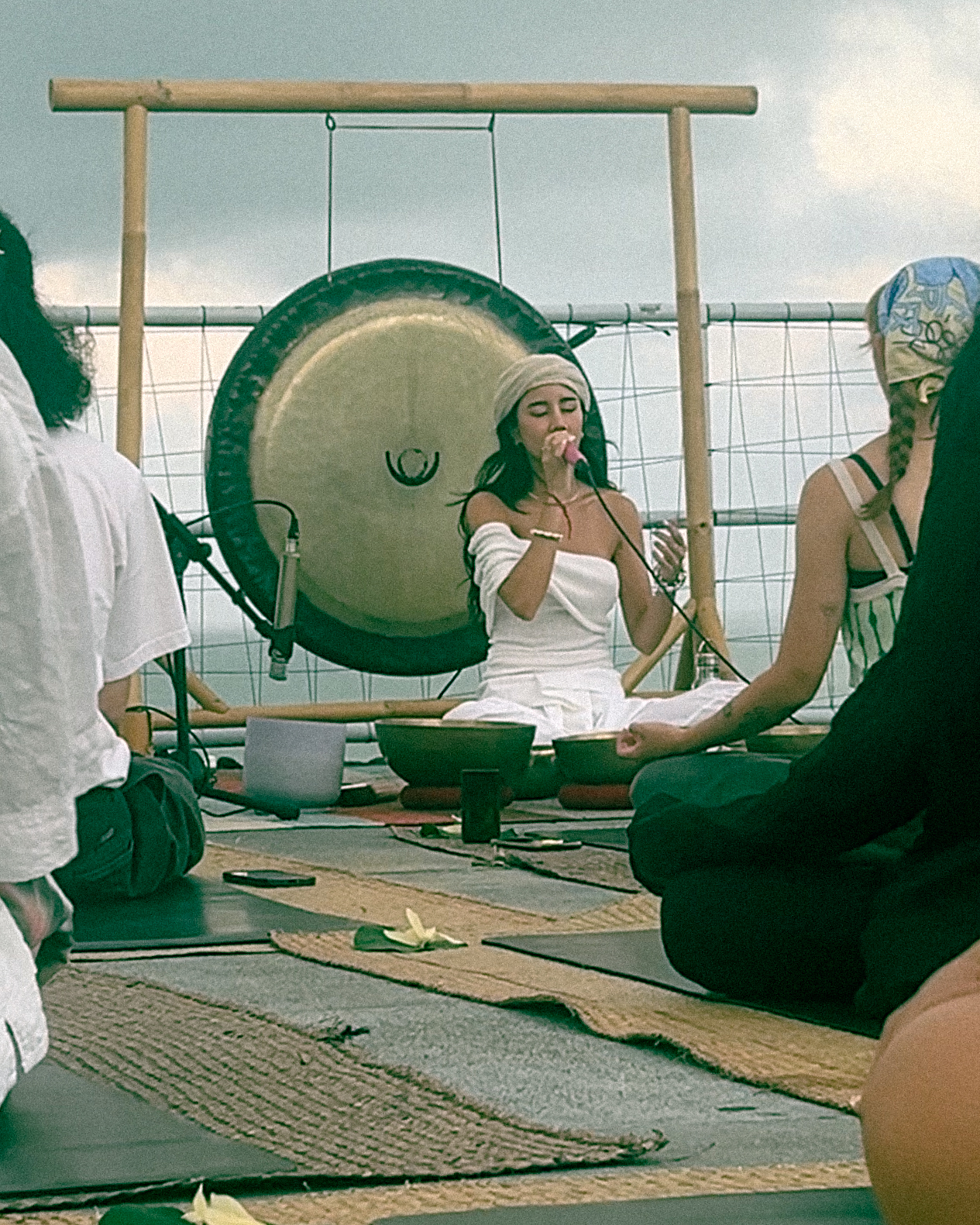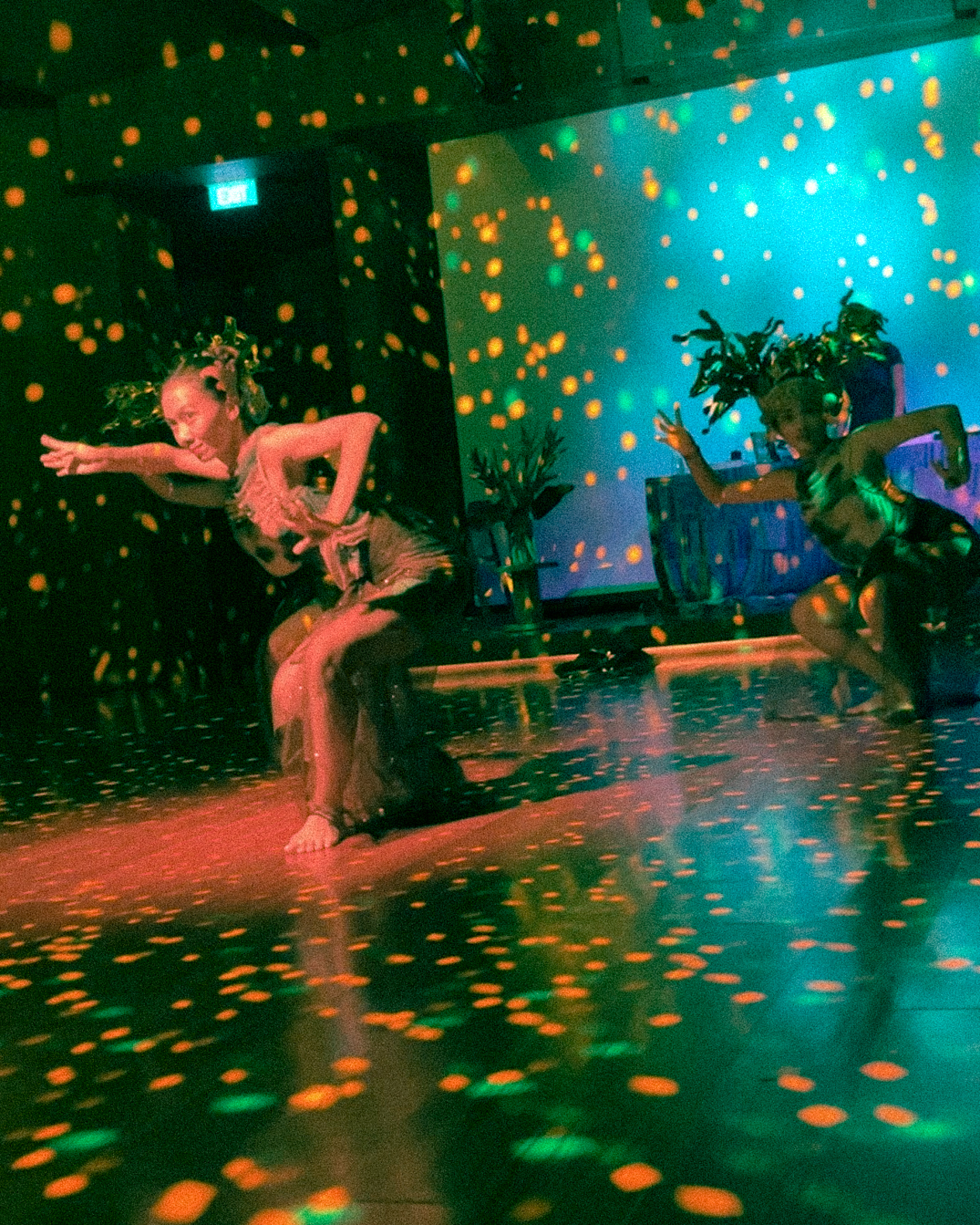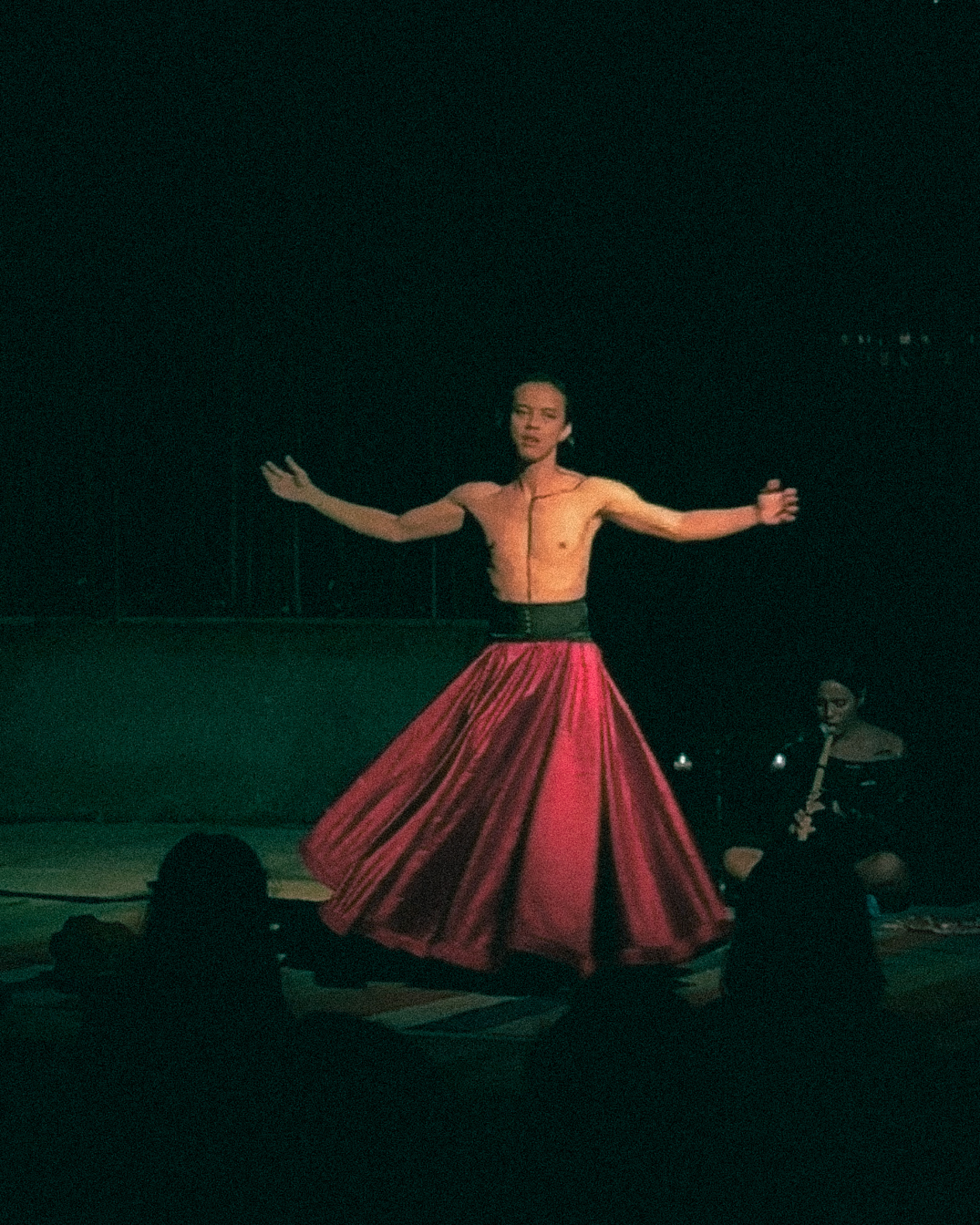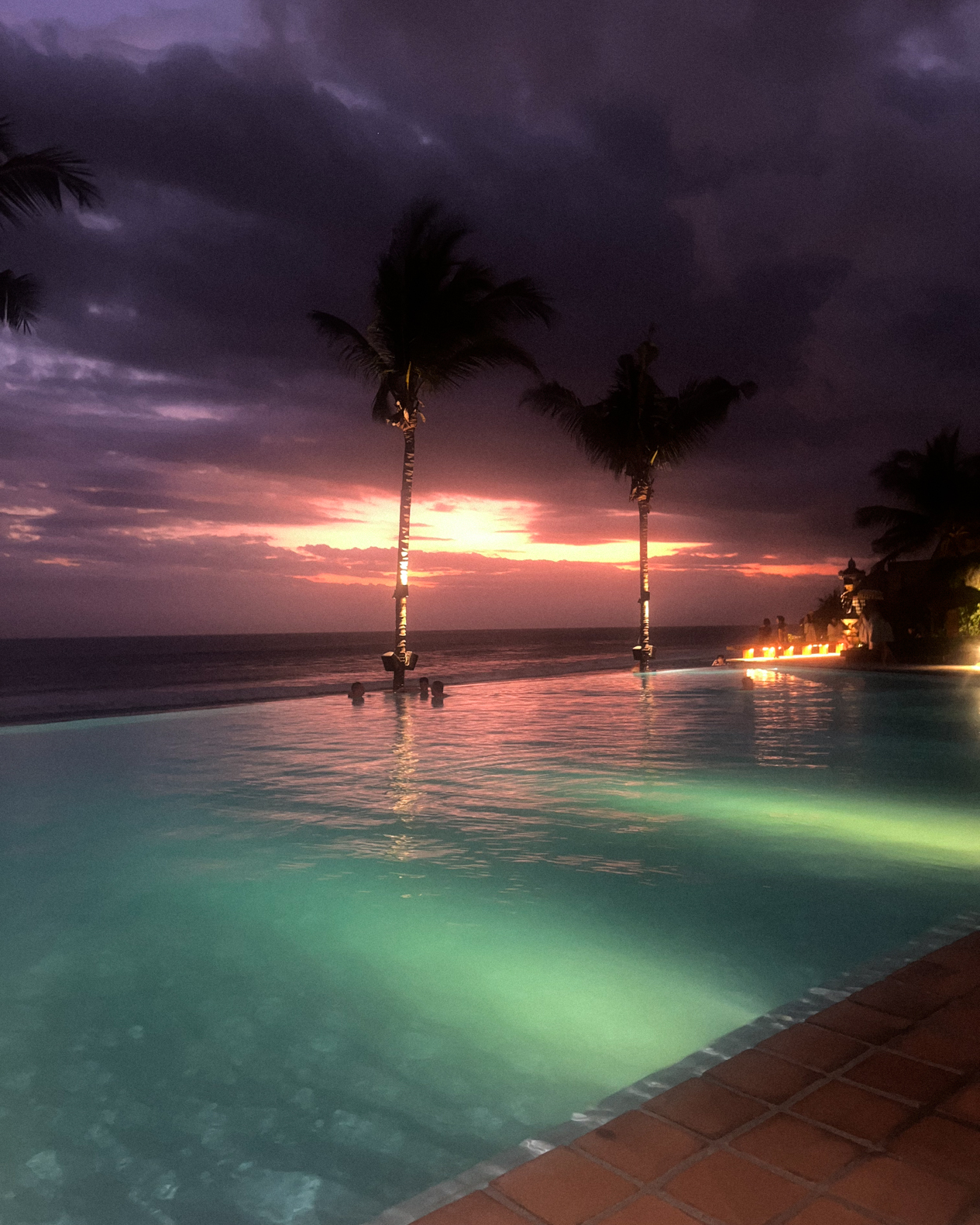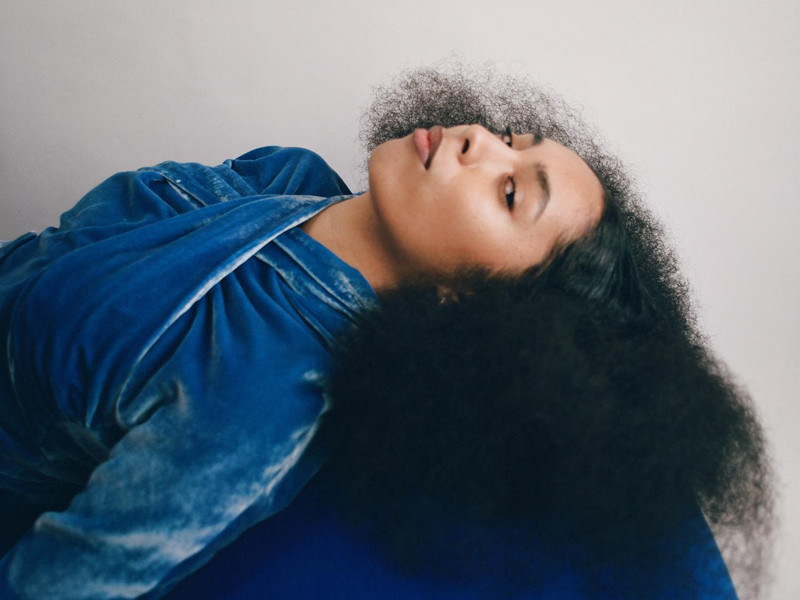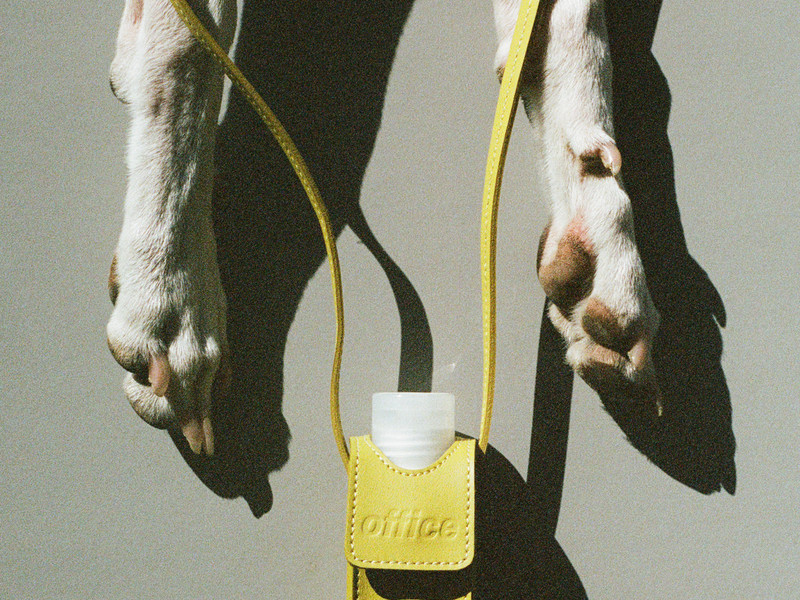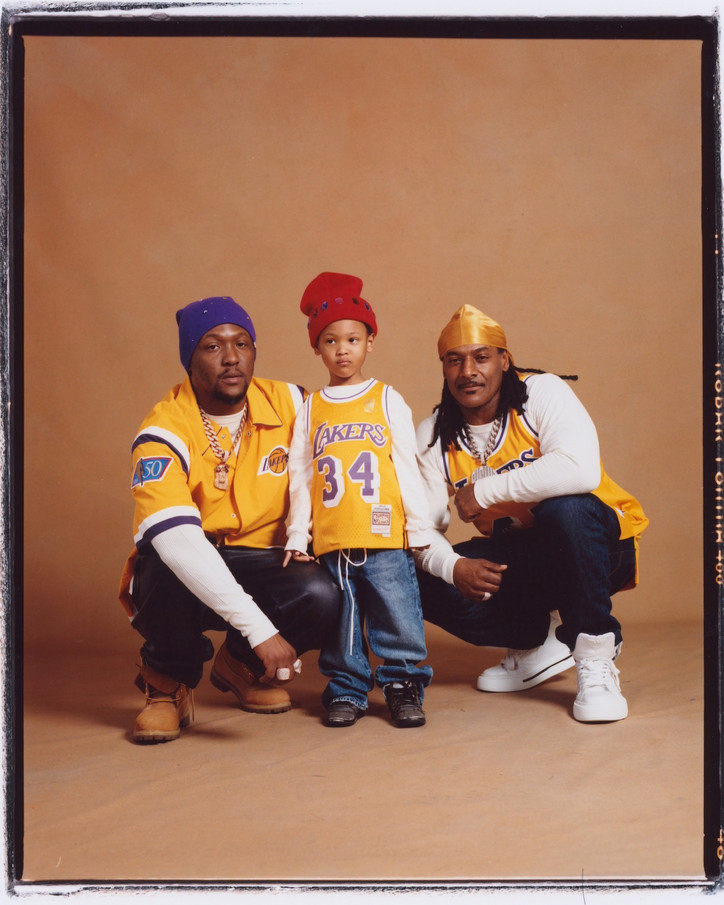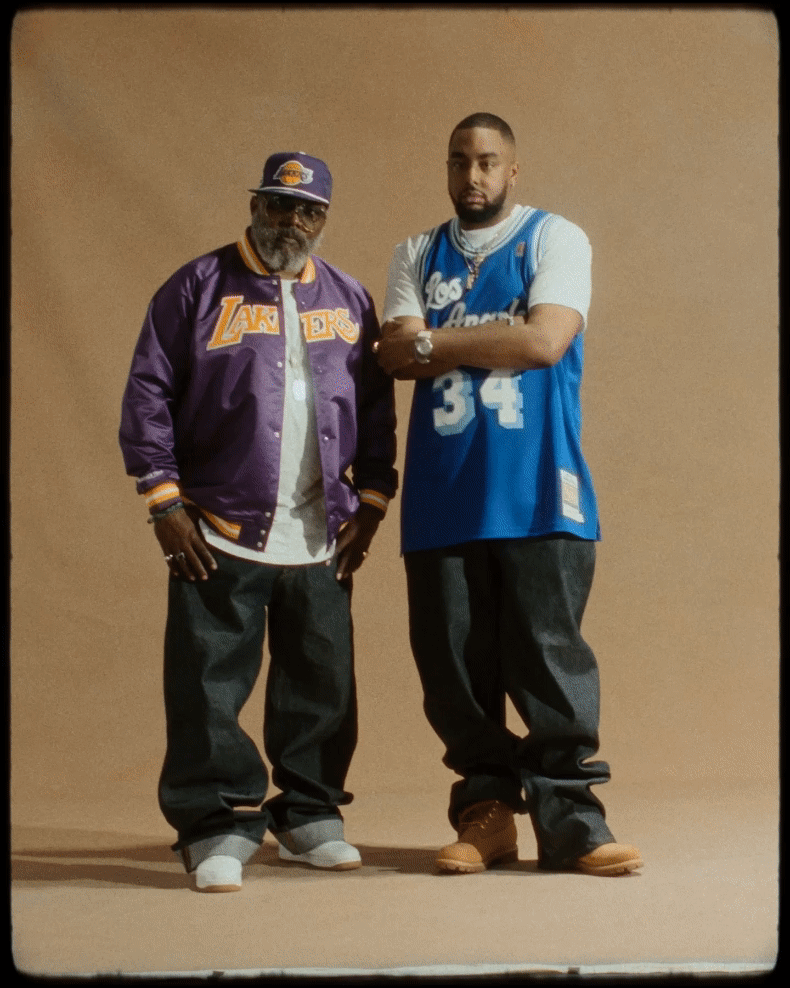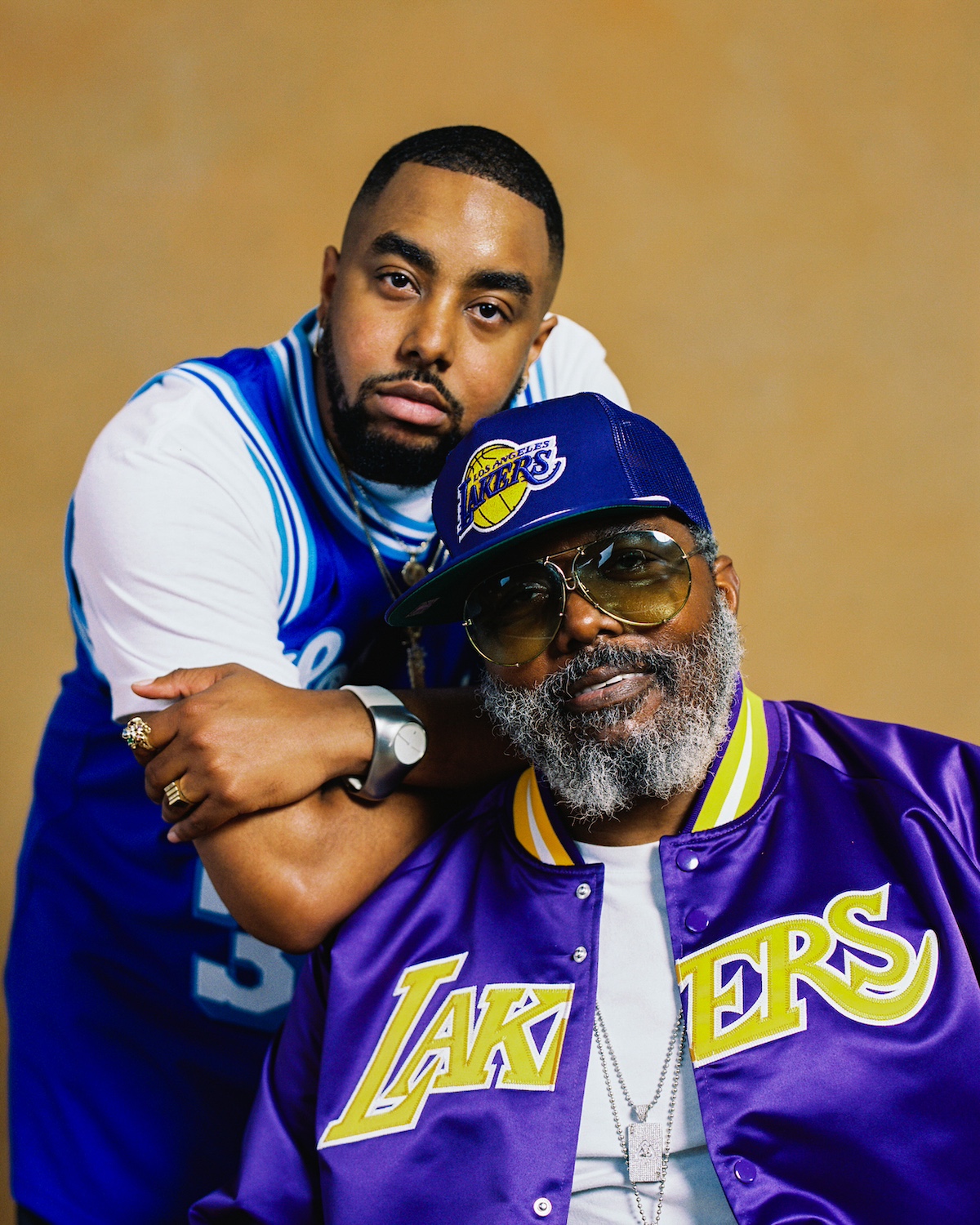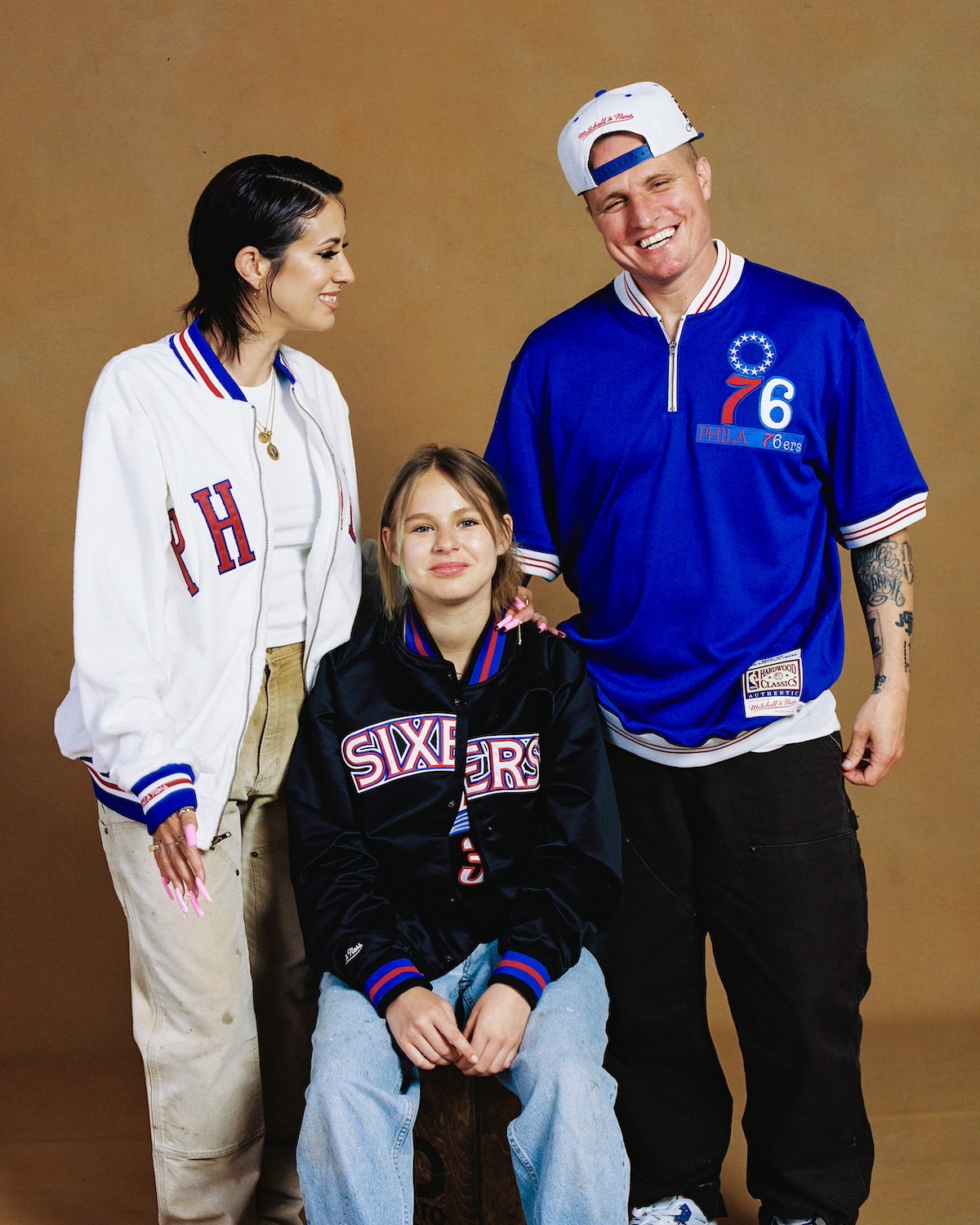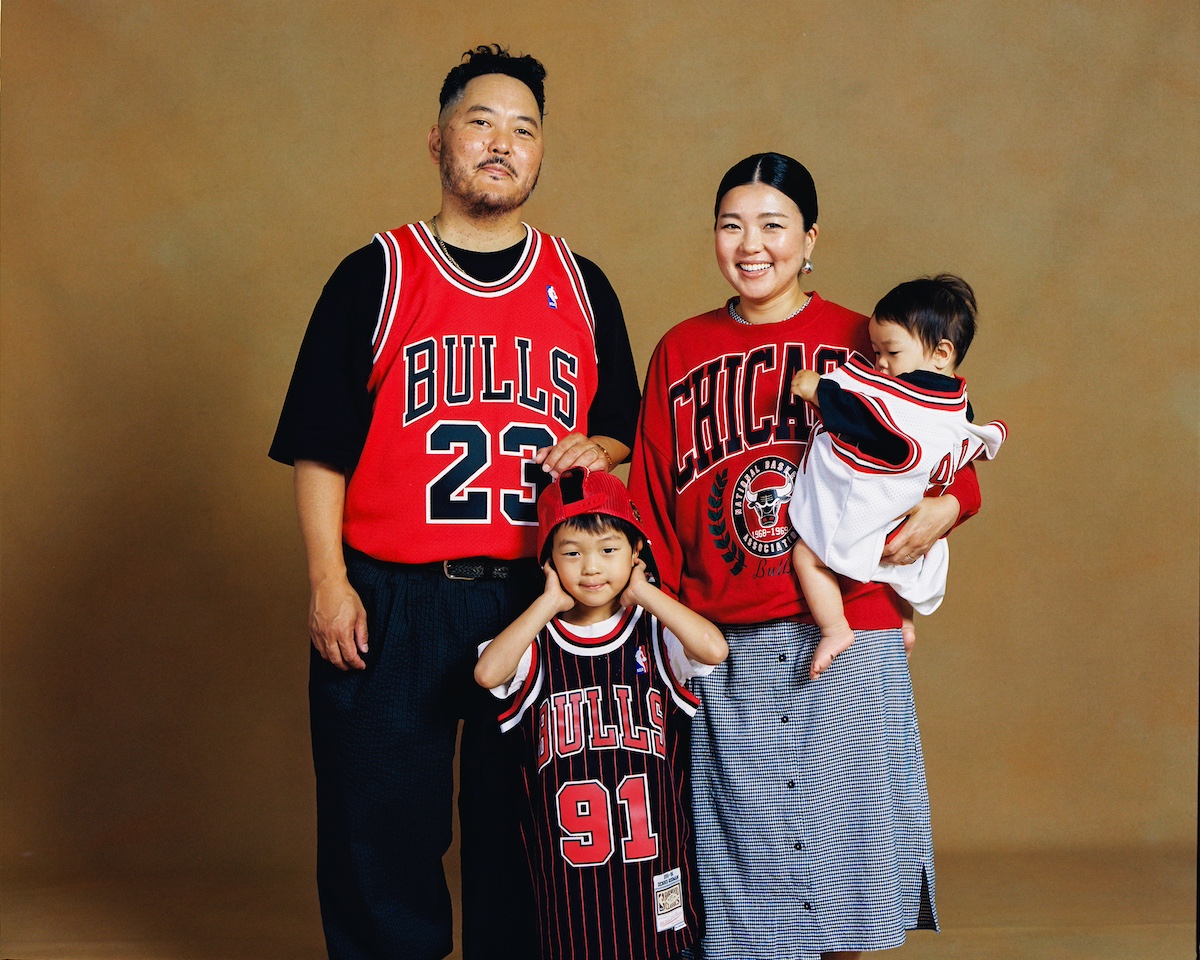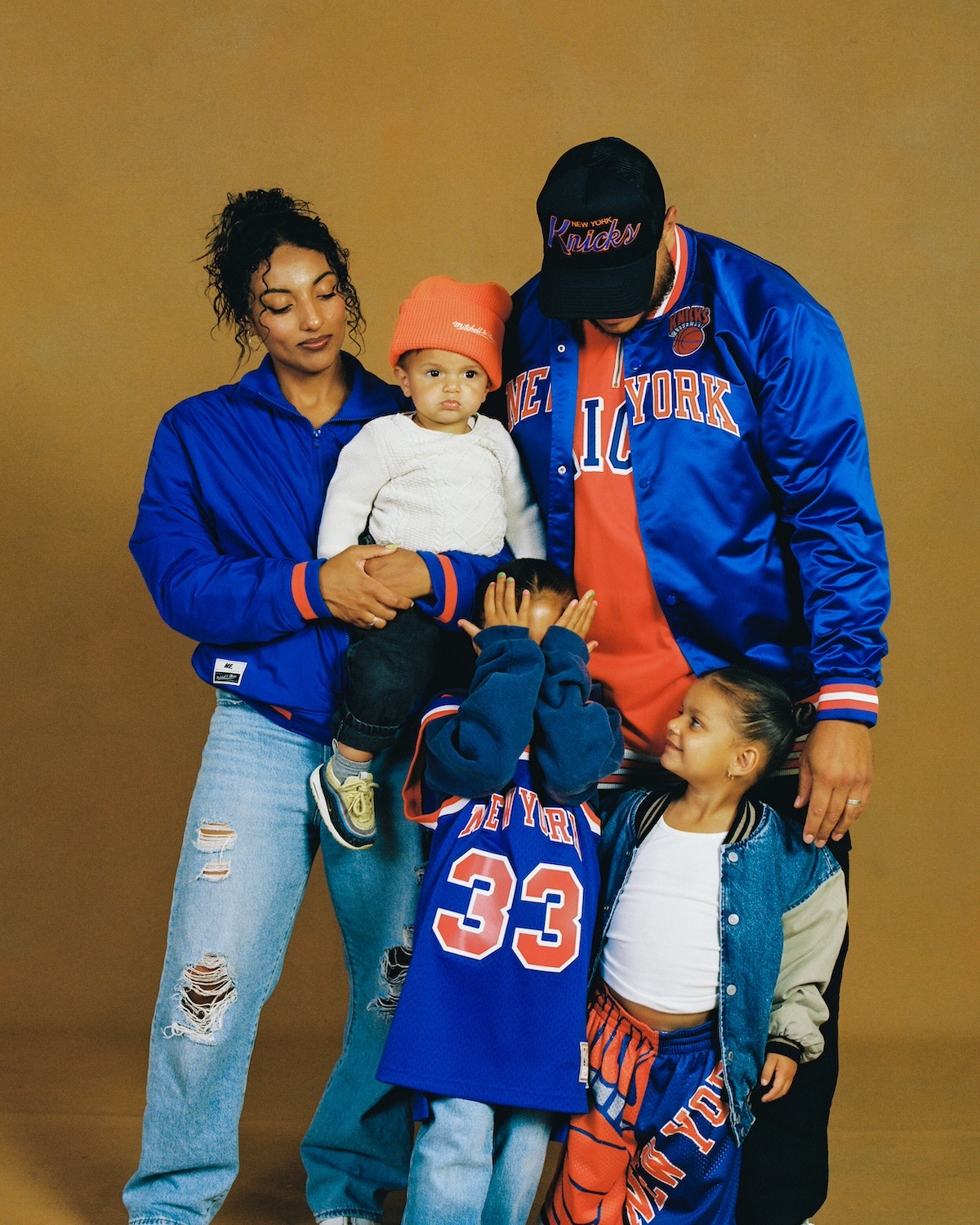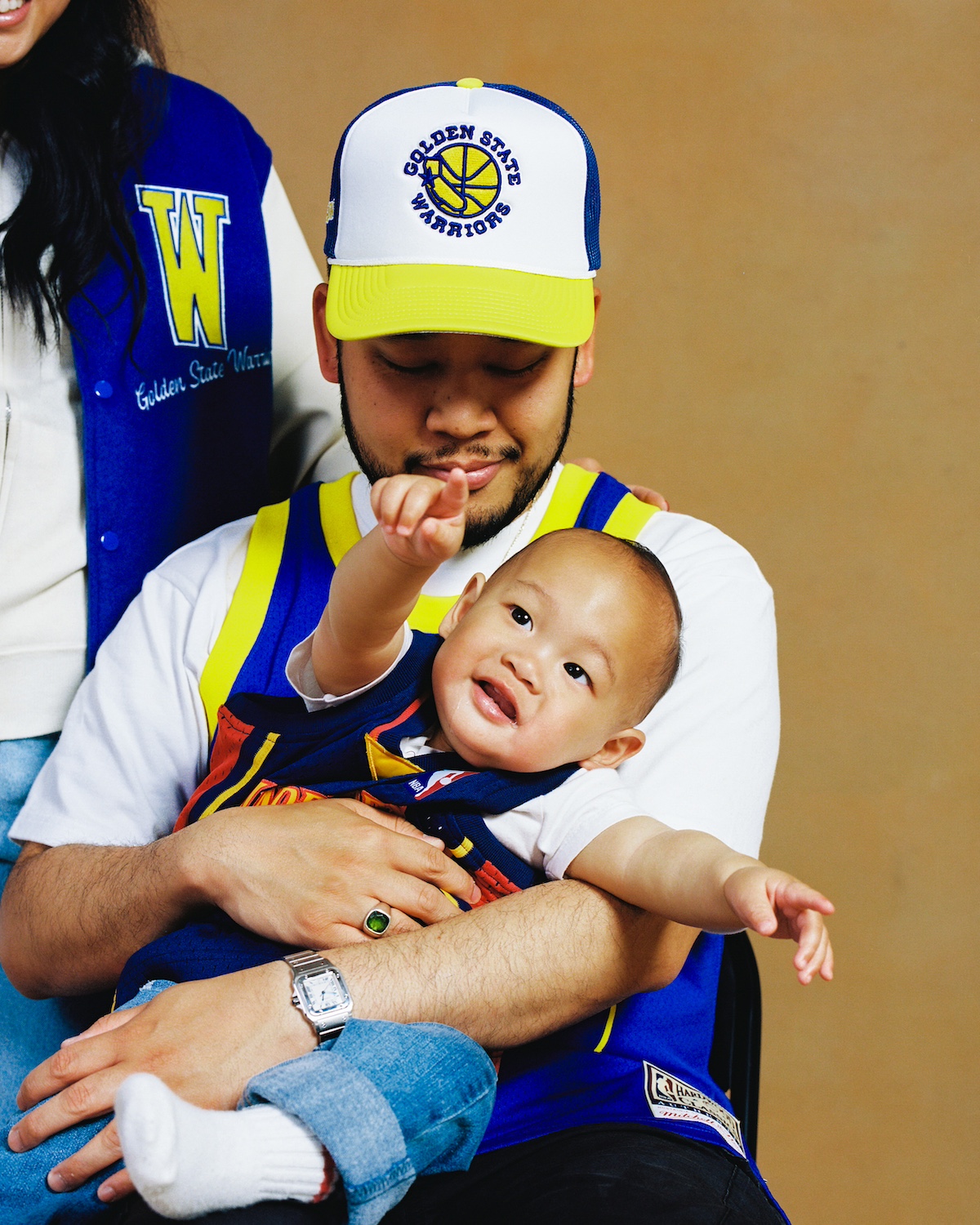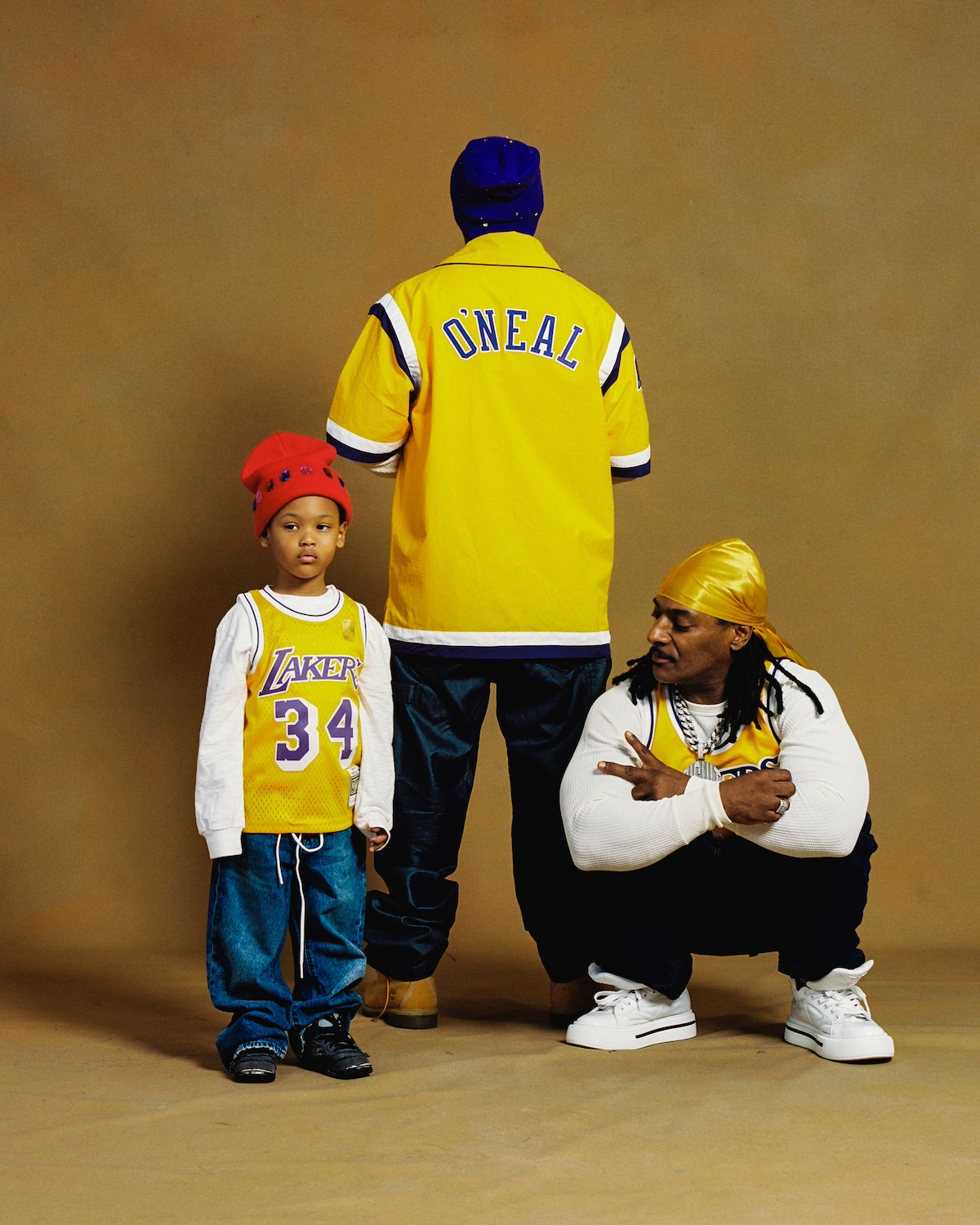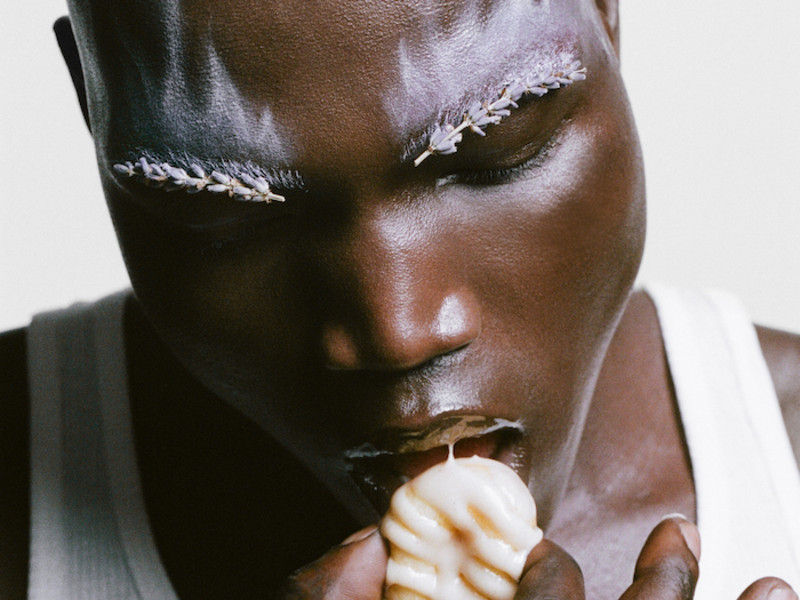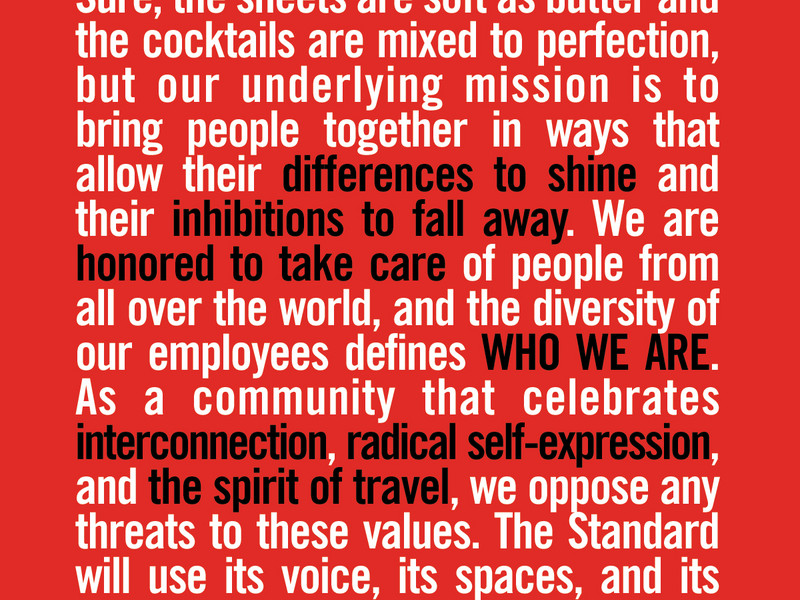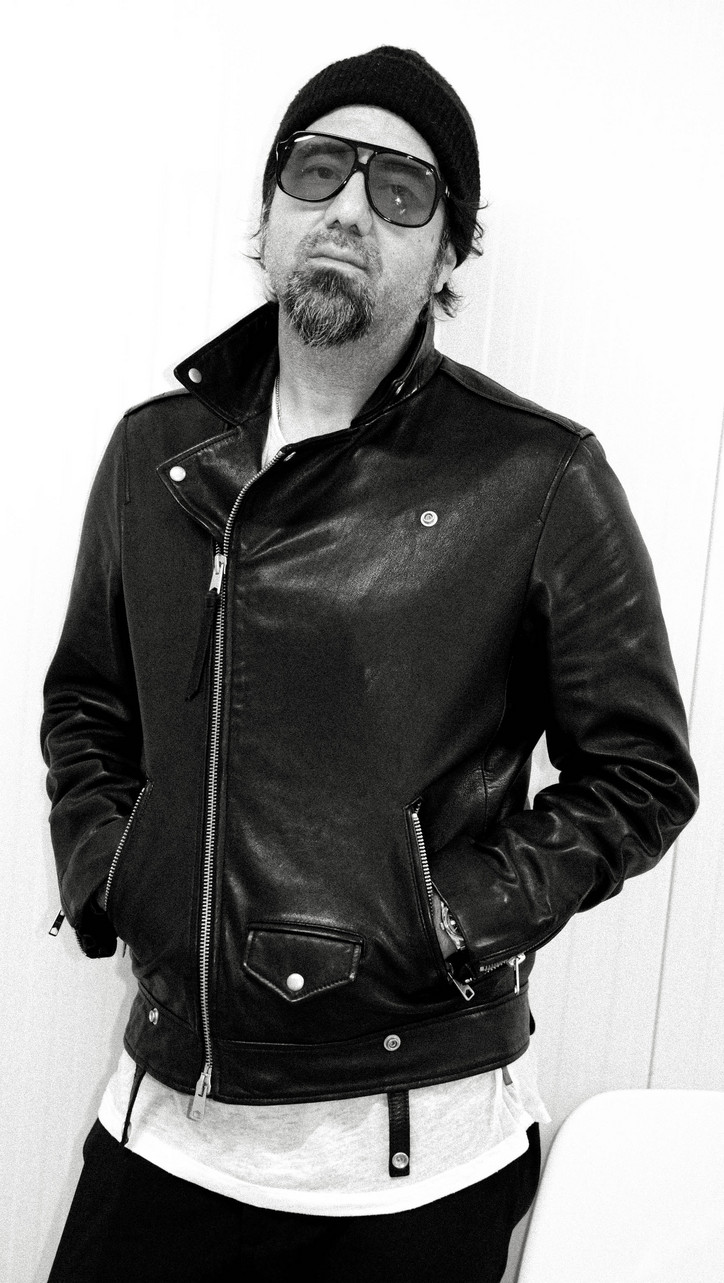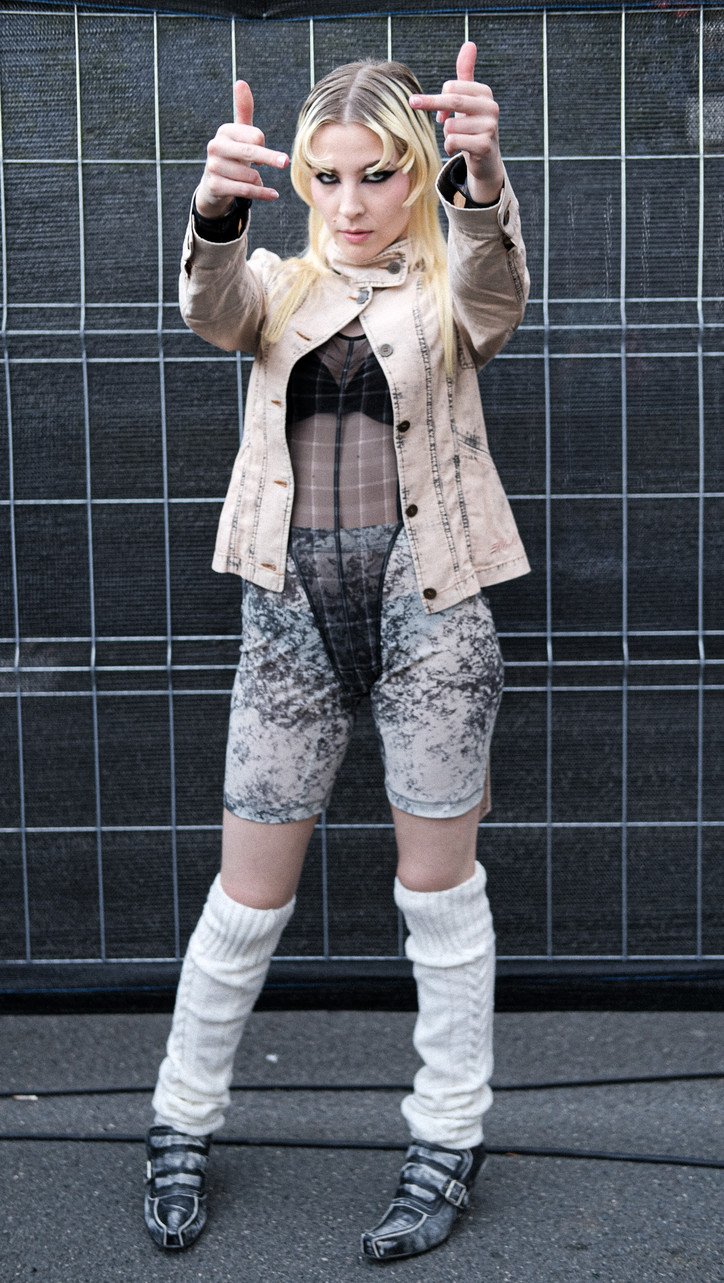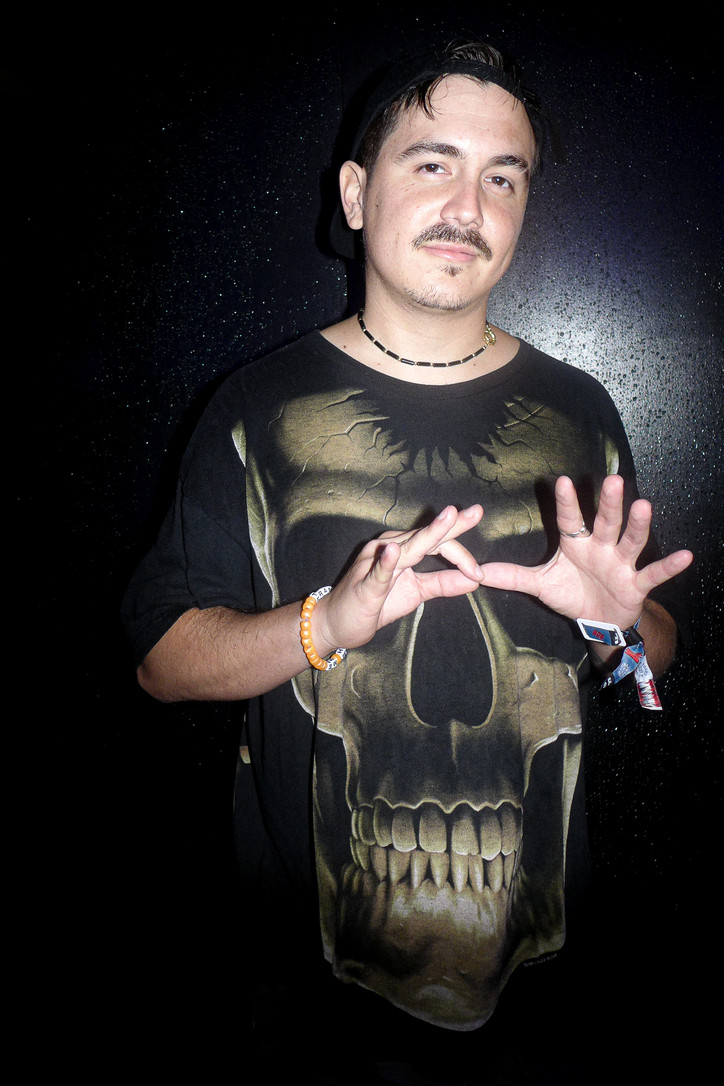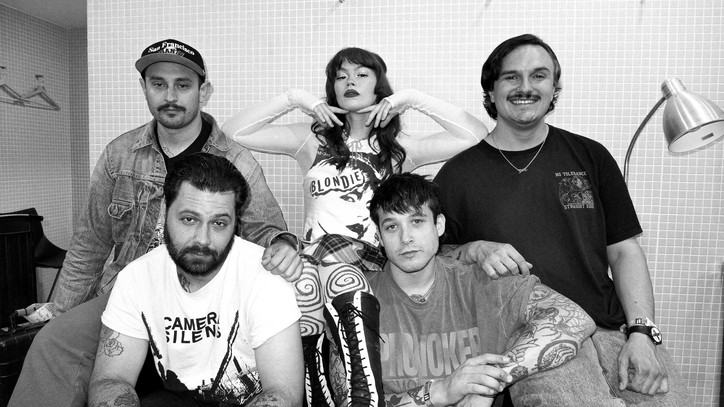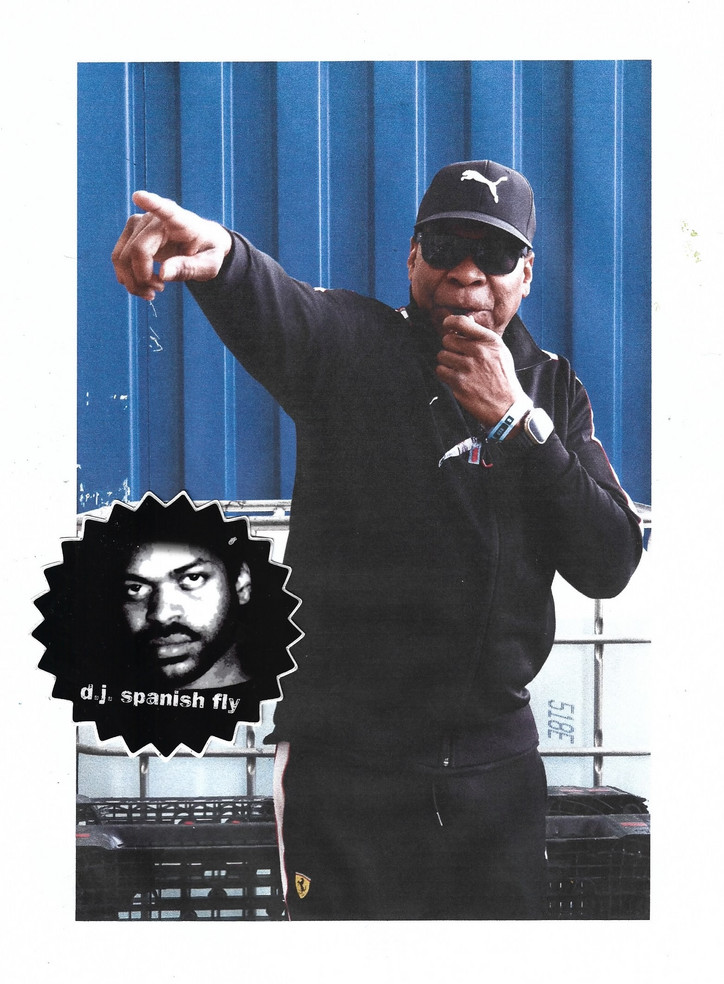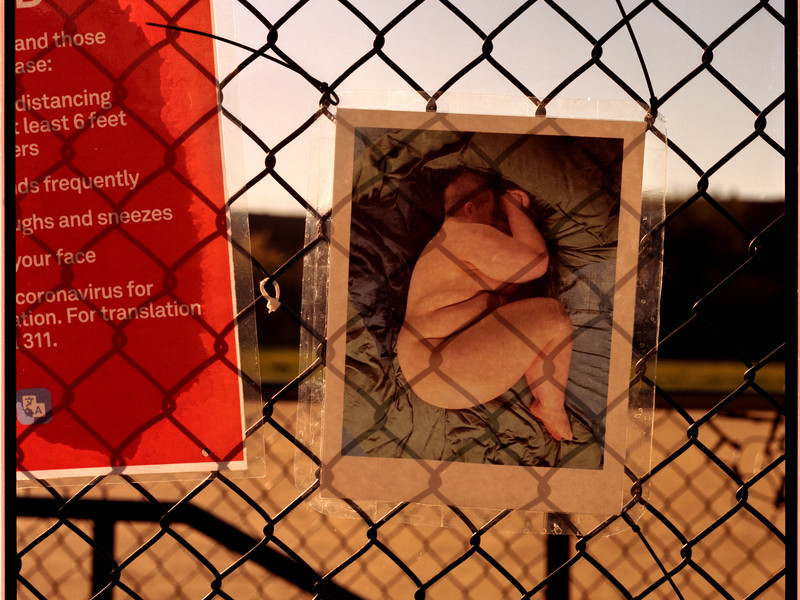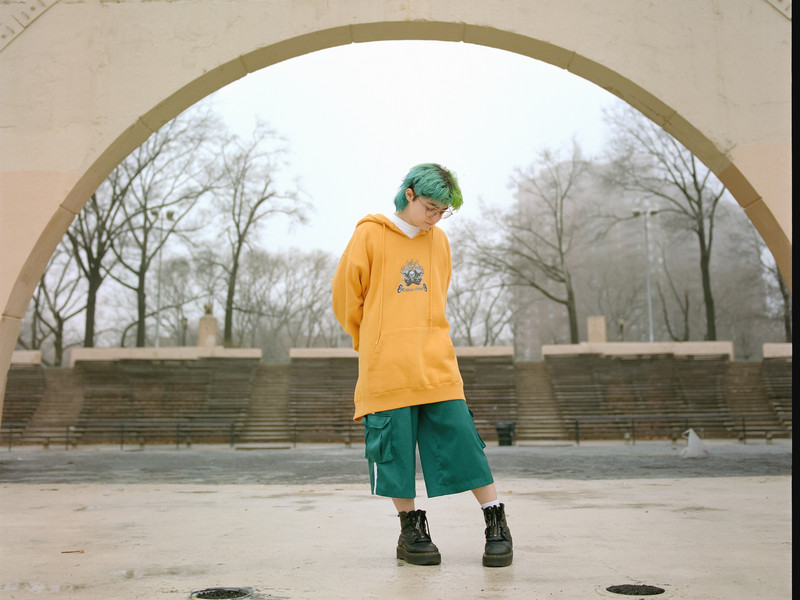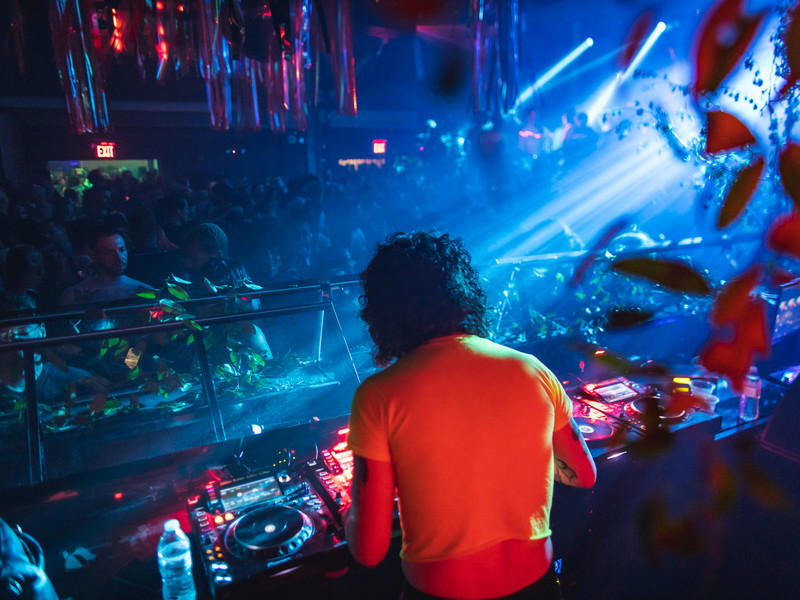Chino Moreno of Deftones
office— All right, first question, red pill or blue pill?
I don't really know what each one is, I'm gonna assume…
I'll give you the context. It's a Matrix reference. Neo is offered two pills. The red pill gives you all of the answers to the universe, but it means that you now know everything and you have to deal with the knowledge of knowing everything. The blue pill means choosing to stay ignorant.
I think I was probably a blue-pill person for a lot of my life, I didn’t pay a lot of attention to a lot of things. And for a while, it worked. But at some point I had to realize that I had to pay attention if I wanted to be successful — not successful as a musician, but rather in life. To get through the day, you actually have to assert yourself and do things and follow through and, usually, you have better consequences. So there’s that. Also, you know, I've never seen The Matrix.
What is your biggest vice?
Coffee — basic vice. But yeah, it's the first thing I do when I wake up. And now I'm one of those people that drinks coffee after dinner.
I was just saying I couldn't do that!
That's my jam. The second I'm done eating now, I'm like, alright, I’m ready.
Are you someone that is particular about the beans?
No, because I'll drink regular gas station coffee sometimes. I mean, I do enjoy a good cup of coffee. But I am not a coffee snob. I just enjoy it. I'll use the [coffee makers] in hotels. People always tell me to not use the machines there. I've heard crazy stories of people using them for all kinds of nasty stuff—
I've seen people who go to hotels and cook shrimp with the base of the coffee machine because it's the only appliance that radiates heat.
Yeah, they use them to like clean their underwear, in the steamer — I don’t know. But knowing that, I’m still down to use them.
Are you superstitious?
Yeah. Definitely.
Is there anything specific that you're superstitious about?
A lot of things. I nudged my wife earlier today because she put her hat on the bed. My grandfather was a cowboy. There's some cowboy superstition where you don't put your hat on the bed. I don't know what it means or where it comes from. But he would always get mad at me if I threw my baseball cap on the bed. So now it’s my first instinct — if I see a hat, a beanie, anything for your head and it’s on the bed, it's gone right away. I haven't researched where it comes from. It's something that stuck with me through my grandfather since I was young.
I like that. I'm curious what the background of it is, but there's something even stronger about having superstition about something and not even needing the background context.
Yeah, it can get really crazy. When I used to get on planes, I wouldn’t let the insides of my feet touch. It’s fucking weird. I used to walk on the sides of my feet the whole flight. If I walked on the plane flat-footed, it felt wrong. I don't know why. No one told me anything that made me believe that — I just did. Maybe because I was in the air. I would do it until I got back on solid ground.
When you wake up, do you put both feet on the ground so you don't wake up on the wrong foot? There's also something about that. There are a lot of things about feet on the ground.
I guess it is about the ground. I used to never go into elevators either. If I was in a high-rise building, I would walk up every single flight. But I've chilled out since then.
There's something very intrinsic about superstition. You don't necessarily need an answer or someone to tell you to do it — your body knows what feels right and what feels wrong.
Definitely, and I still do little things. When I’m walking and there are lines in a pathway, I always have to put my right foot first. If I don’t, I have to slow down and start over.
Me too. Many times. Do you have any sort of pre-show ritual?
I always have two Red Bulls before I go on stage. And that's usually it. I had been drinking alcohol since high school. I’d never gone on stage without having a drink — not saying I’d go on stage wasted, but I’d always have something — at least a beer. The routine of that was the hardest thing for me when I stopped drinking two years ago. It wasn't even about just the alcohol itself, more just a ‘what do I do now that this is something different?’ And now it’s two Red Bulls.
Would you say that you’re a romantic?
I grew up surrounded by romantics but I don't consider myself one. But I've been attracted to it ever since I was a kid. I grew up around a lot of British new-wave music, which was heavy on heartbreak and romance.
If you had to change careers tomorrow, what would you do?
I used to always say that I would love to move somewhere really cold, where they have ice rinks, or people ice skate; I would drive the Zamboni. I think it would be a really peaceful job. You’re kind of mowing the lawn — which I grew up doing as a kid. Going along with the mower, you can zone out. You just follow the lines and you don’t think too much. I used to always wear my headphones mowing the lawn. So I really have always thought, if all else fails, I'm just gonna move somewhere where I can drive a Zamboni.
Oh, that's awesome. I have such a strong association with the peacefulness to it. I used to ice skate as a kid. The feeling of skating on ice that's been skated on for an hour versus skating on like, freshly cleaned ice – it’s so therapeutic. The practice in itself and then what it provides for other people too. That's an awesome answer. Last question — favorite media source?
I scour the internet a lot for music, There are a few different music blogs that I love. I don’t think I should say what they are. I’ll find someone's personal music journal. I just downloaded a mixtape from one guy’s blog today. A lot of it's unknown stuff, really rare. The guy who’s mixtape I downloaded today will write a full paragraph explaining the mix. In this one, he said that he doesn't have an aux chord in his car, only a CD player — so he wanted to make himself a mix CD. He said, he's listened to it the last three weeks in his car, and every time he gets his car, it starts off where he left off. It’s different than where music is out these days. In a way, it’s great for kids because anything is at their fingertips. But there's something that's missing when everything is so accessible. You don't have the ‘you get what you get’. Getting someone else’s mixtape and dedicated yourself to listen to it is a really neat way to experience music. And people.
People are so trained out of listening to albums now. Even the difference between a playlist on your phone and the process of burning a physical mixtape is so drastic. People in general now have a different relationship to music and artists.
I think when especially if someone makes the mix — this goes back to fate and romantic — you're getting a piece of them even though it's not their actual music. You get to live the same thing they're living the same thing right now. It's kind of this weird connection.
